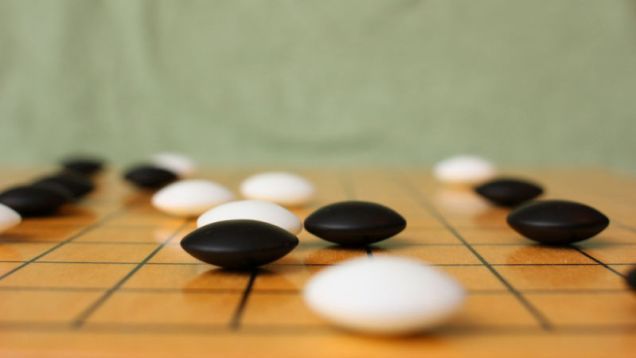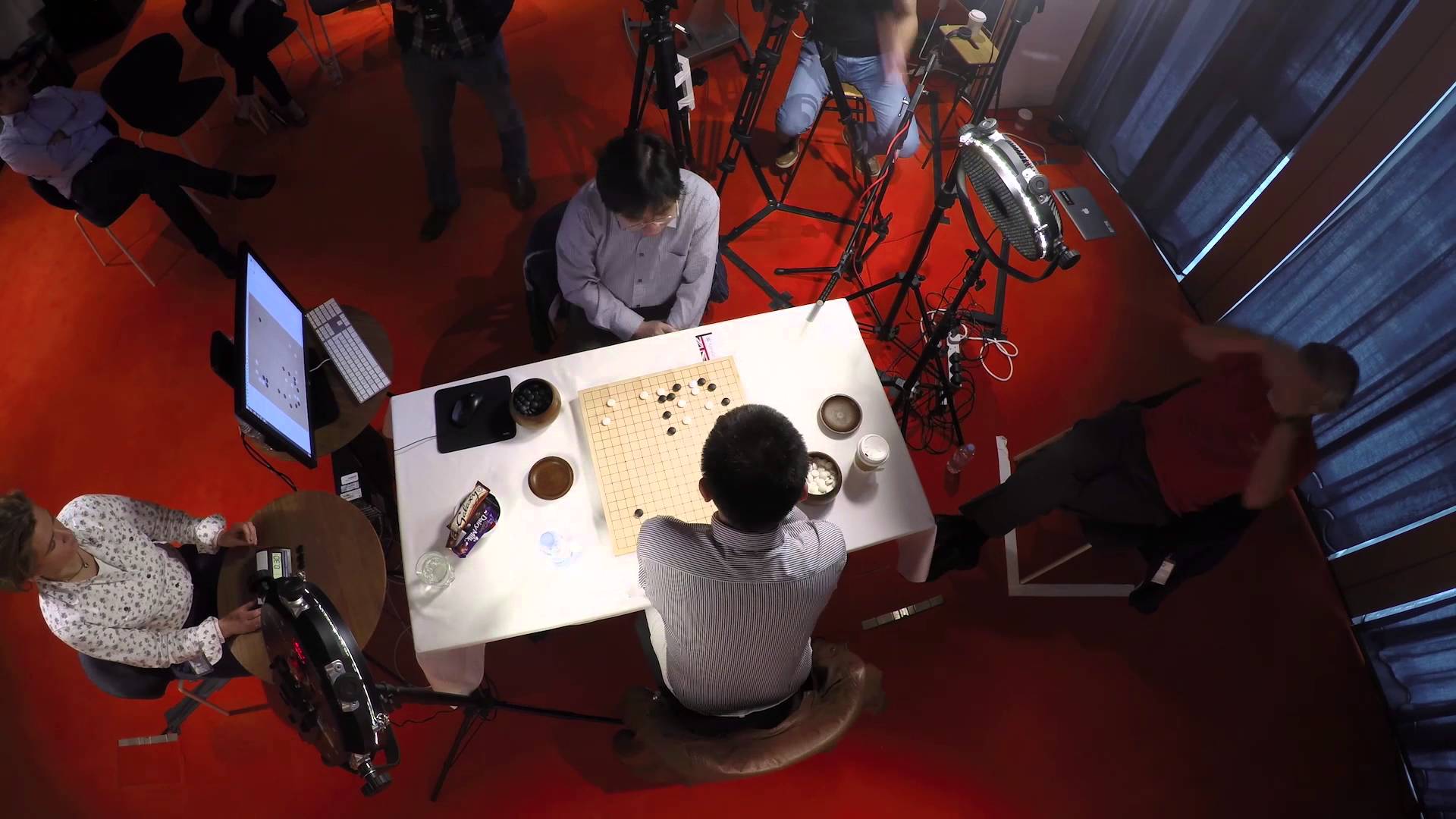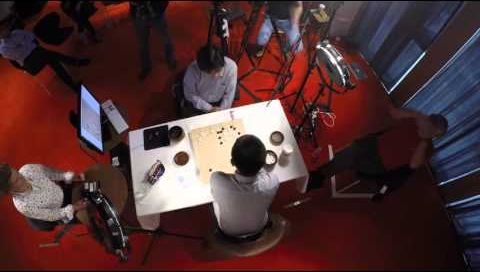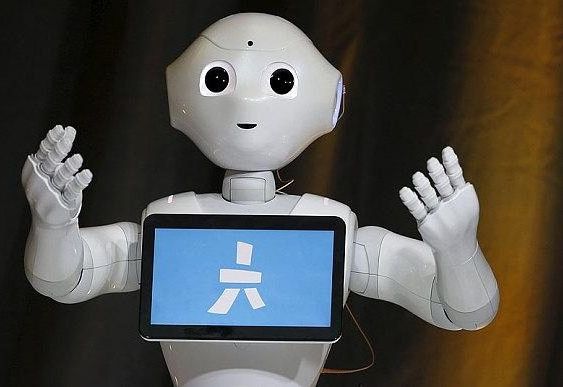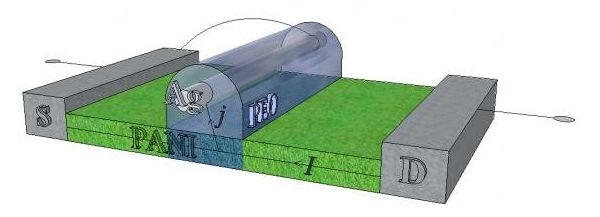Wise Autoresponse for your Customer Support Call Center needs — I do know that one of the large financial institutions in NYC announced in Dec. that they were replacing their tier 1 & tier 2 support with AI this summer.
BERKELEY, CA — (Marketwired) — 01/27/16 — Wise.io, which delivers machine learning applications to help enterprises provide a better customer experience, today announced the availability of Wise Auto Response, the first intelligent auto reply functionality for customer support organizations. Using machine learning to understand the intent of an incoming ticket and determine the best available response, Wise Auto Response automatically selects and applies the appropriate reply to address the customer issue without ever involving an agent. By helping customer service teams answer common questions faster, Wise Auto Response removes a high percentage of tickets from the queue, freeing up agents’ time to focus on more complex tickets and drive higher levels of customer satisfaction.
“Wise Auto Response has dramatically eased the burden on our support agents, allowing us to reply to half of all tickets automatically,” said Francesca Noli, VP of Marketing at Product Madness. “Now we are able to focus agent attention on more complex, customer-facing issues like payment problems, which have a direct impact on our bottom line. Wise gives us the best of both worlds: it has the power of an artificial intelligence system like Watson, along with the lightweight integration we need to successfully apply machine learning to our service operations quickly, easily and cost effectively.”
Wise Auto Response identifies common customer inquiries that can be responded to with a high level of confidence — such as password resets and basic product functionality, or standard “thank you” email templates that don’t require hands-on follow up — and automatically responds without the need for any manually written business rules. The new functionality complements the current suite of predictive applications offered by Wise.io, including Wise Routing, which automates the support ticket triage process, and Wise Recommended Response, which provides a ranked shortlist of appropriate macros and templates for each new customer inquiry.
Read more
